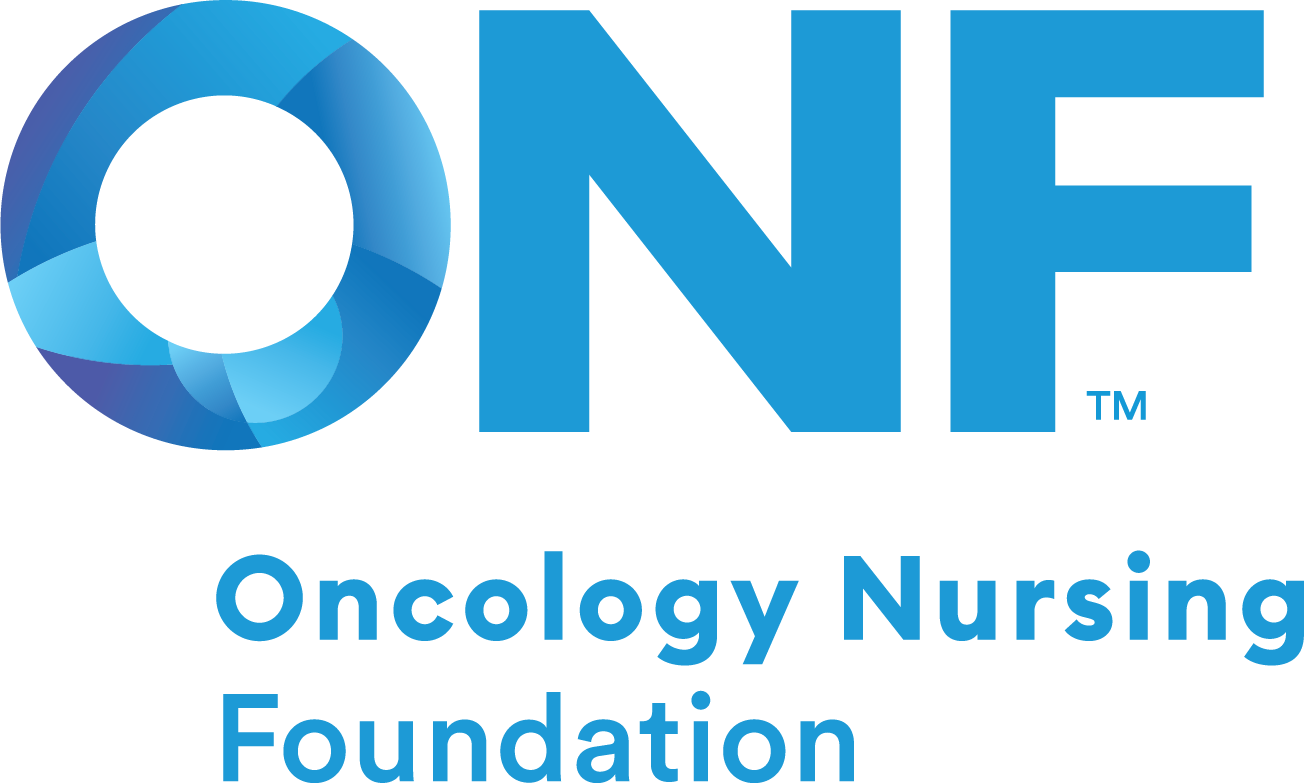Oncology Nursing Foundation Funded PhD Opens Doors

Can you imagine working as a clinical nurse specialist in a bone marrow transplant clinic at a large hospital while simultaneously teaching Oncology APN courses and starting a PhD program? What if you add mothering two children under the age of five to that list?
Susan Schneider, Phd, RN, AOCN, ACNS-BC, FAAN, was smart enough to realize this was an impossible scenario. Luckily, she received an ONS doctoral scholarship which enabled her to lighten her work load.
“Needless to say, time and finances were challenges to obtaining my degree,” she explains. “Having financial support from the Oncology Nursing Foundation and the American Cancer Society allowed me to work part time so I had time to focus on my studies.”
For her dissertation, Sue researched the perceived effectiveness and feasibility of using virtual reality (VR) as a distraction intervention for 10- to 17-year-old children receiving outpatient chemotherapy.
“Keep in mind this was right around the time when Nintendo video games were first released so this research was rather innovative at the time,” she adds.
Her son, who was 10 years old at the time, was the perfect age to help select what software scenarios to use in the study. The study participants were offered a choice between Magic Carpet, Sherlock Holmes Mystery, and Seventh Guest.
The study funded by the Oncology Nursing Foundation helped me launch a research career that focuses on symptom management and assisting individuals to adhere to treatments.Susan Schneider
The children participating in the study wore a headset, used a mouse to manipulate the screen and passed the time while getting their infusion by solving a mystery or going deep sea fishing.
The idea for this research came from her days administering chemotherapy to adults. She remembered that patients who did crossword puzzles or knit during chemotherapy seemed to tolerate the treatment better.
In addition to providing a scholarship for her PhD studies, the Oncology Nursing Foundation also provided funding for her research project using VR as a distraction intervention for adults receiving chemotherapy treatments for breast, colon, and lung cancer.
“Oncology Nursing Foundation is one of the best places for new researchers to get funding,” says Sue.
“The study funded by the Oncology Nursing Foundation helped me launch a research career that focuses on symptom management and assisting individuals to adhere to treatments.”
After receiving research grants from the Oncology Nursing Foundation, she subsequently received funding from the American Cancer Society and the National Institutes of Health.
Currently an associate professor and lead faculty member for the Oncology Nursing Specialty at Duke University, as well as President of the Oncology Nursing Society, Sue credits much of her career advancement to earning her PhD.
“What I learned while earning my PhD — the analytical skills, how to establish a budget, how to manage a research program, how to build consensus — not only prepared me for research and teaching but for leadership roles,” says Sue.
Knowing the strong contribution oncology nurse scientists make to this field, Sue never hesitates to suggest that her students apply to the Oncology Nursing Foundation for scholarships and research grants.

